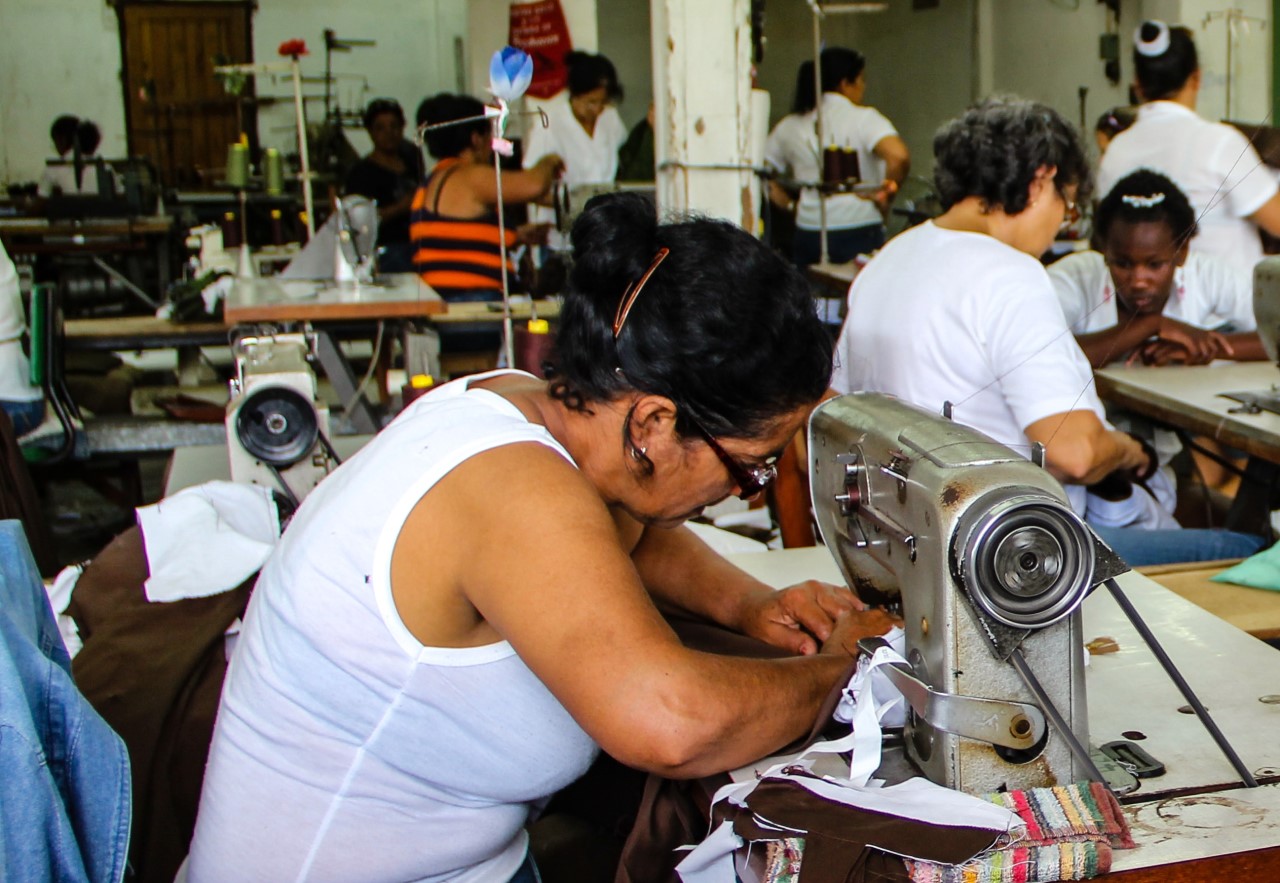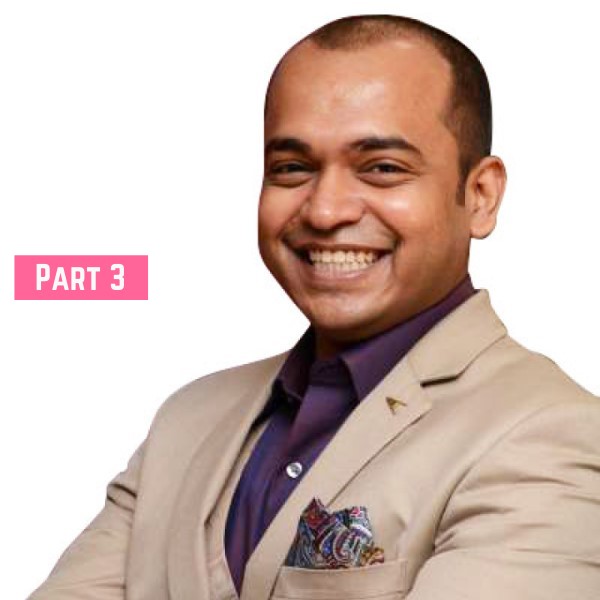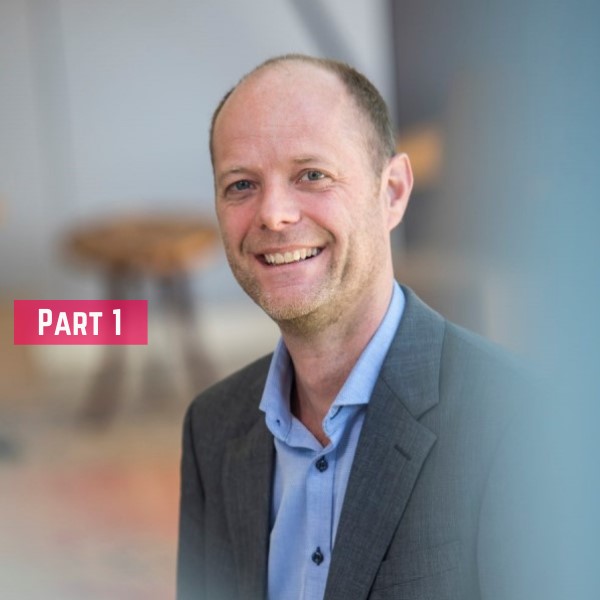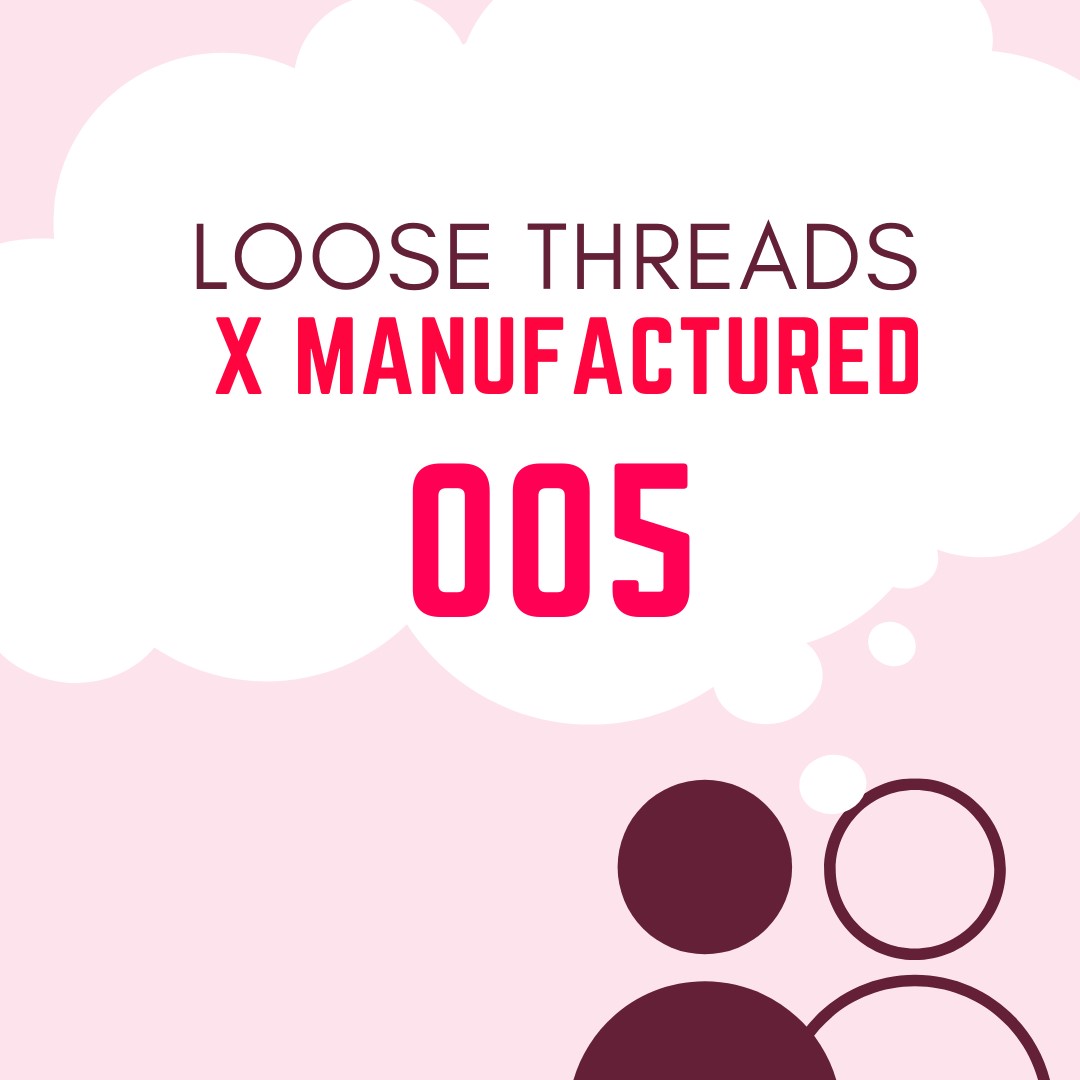This is part one of our conversation with Professor Raymond Robertson. Raymond is the Helen and Roy Ryu Chair in Economics and Government within the Department of International Affairs at the Bush School of Government and Public Service. He’s the Director of the Mosbacher Institute for Trade, Economics, and Public Policy, Texas A&M University. He is a research fellow at the Institute for the Study of Labor in Bonn, Germany, and a senior research fellow at the Mission Foods Texas-Mexico Center.
We cover some expansive questions: Why have working conditions in the garment industry remained interesting to him over the years? And how have his research questions evolved? We then get into some of his most recent research, which looks at data from the Better Factories program in Cambodia to evaluate how working conditions correspond to factory closure rates. Are socially compliant factories more or less likely to go out of business? And what can we make of his findings?
Our episodes this week are thanks to our collaboration with the GIZ FABRIC. The FABRIC project is commissioned by the German Federal Ministry for Economic Cooperation and Development and supports the Asian textile industry in its transformation towards fair production for people and the environment.
Raymond was a speaker on the third edition of GIZ FABRIC’s online seminar series called “Getting Through the Crisis Together: Asian Dialogues on Sustainability in the Textile and Garment Industry.”
Read Professor Robertson’s research: Working conditions and factory survival: Evidence from better factories Cambodia
There’s increasing alignment around the idea that social compliance audits haven’t delivered for workers. The New Conversations Project put forward several theories as to why this is (and this latest April publication goes into more details on the opacity theory).

Photo by Fran Hogan

This is part three of our conversation with Vijay Suvarna. Vijay recently wrapped up his time as CSR and Sustainability Manager for Asiatan. He...

This is part one of our conversation with Matthijs Crietee, Secretary General of the International Apparel Federation (IAF). If you tuned into episodes 29...

Question 1: This episode we want to address two questions... This is the first one that we’ve gotten from a lot of listeners outside...